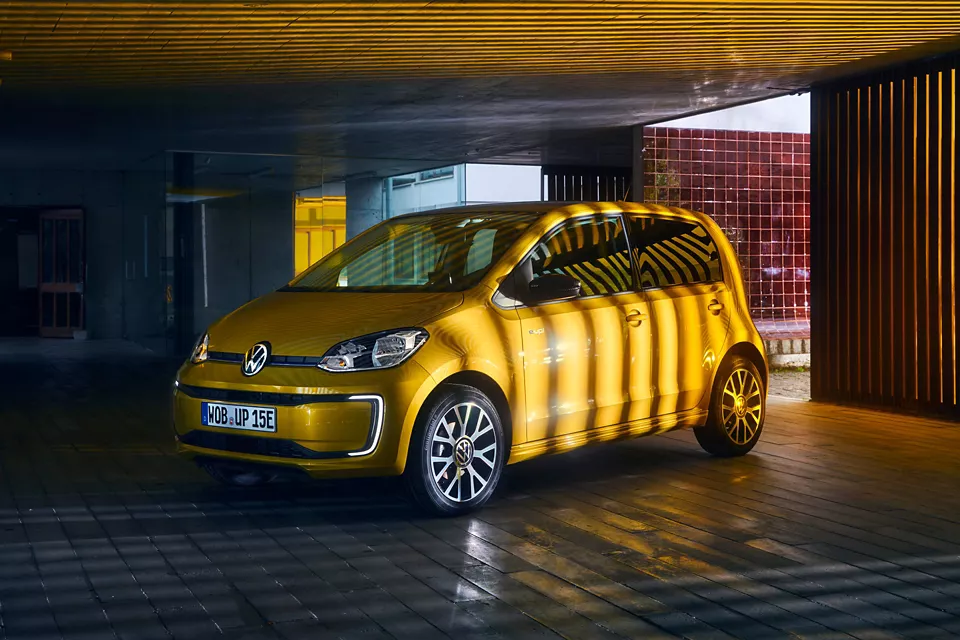Catching up on the thread, wanted to give my two cents re today's discussion.
I wish we'd never had to talk about FUD and Tesla. Of course, it can be frustrating how pervasive the FUD has been for years and years. It's encouraging that new beating of the FUD drum seems less and less effective re the stock price.
All that said, as to a member here bringing up their frustration with the FUD and/or concern re its impact... that has my empathy.
It has been a real concern.
I was at the annual meeting in June, and when this topic came up there for ten minutes (at 1:22:40) the tone of the room markedly shifted to one with a sense of focus, camaraderie, relief, and enthusiasm that the topic was being brought out in the open. Elon's initial response to the first shareholder to raise the topic was, "it's very distressing... it makes me sad... I don't know what to do about it." That said, he seemed uplifted by the topic being brought up in a supportive way, including several suggested responses in the discussion (more than half shouted from the crowd, so, you have to listen closely if you want to hear them).
At one point, 1:30:35 in the video, in reference to this rampant phenomena he'd already called ~"the most crazy disinformation campaign I've ever seen," Elon paused, and said "I agree we need to take action here."
Finally, fwiw, my personal take on what the impact has been/is
- yes, new FUD seems less impactful on the stock
- yes, as someone pointed out here last week, the microscope probably actually makes Tesla raise the bar even higher
- I do think FUD has and continues to reduce demand for the products
- Tesla may be supply constrained today, but, I do think plans have been shifted due to the FUD impacting demand (i.e., the MR being created, the SR/SR+ being pushed out early, several price cuts in Q1)
- Even if Tesla is supply constrained today, Tesla's demand cushion has taken a material hit... two examples of this,
1) the Q1 price cuts, and early push out of the SR/SR+ I mentioned just above. we can say this was because Tesla was surprised by just how much pull forward there was from Q1 '19 to Q4 '18 due to the first reduction in the US tax credit for Tesla, and I think it was... but, had demand not been suppressed by FUD, I strongly suspect surplus demand would have been more than enough to override that phenomena, and the rash price cuts and moving up of SR/SR+ production would not have been needed.
2) the last explicit number we got suggested about 10% more demand than supply... well, it's much easier to shrug off the potential of a recession in making product and plant production plans in the midst of Teslamania with demand outstripping supply by something on the order of 50% than when your demand is just slightly outstripping supply (that 10% number a month or two ago was framed as a positive, i.e, an uptick in demand).
tl;dr I may not agree with all the interpretations of the member who brought up concerns re the impact of FUD today, but, raising such concerns didn't strike me as disingenuous or out of left field.




